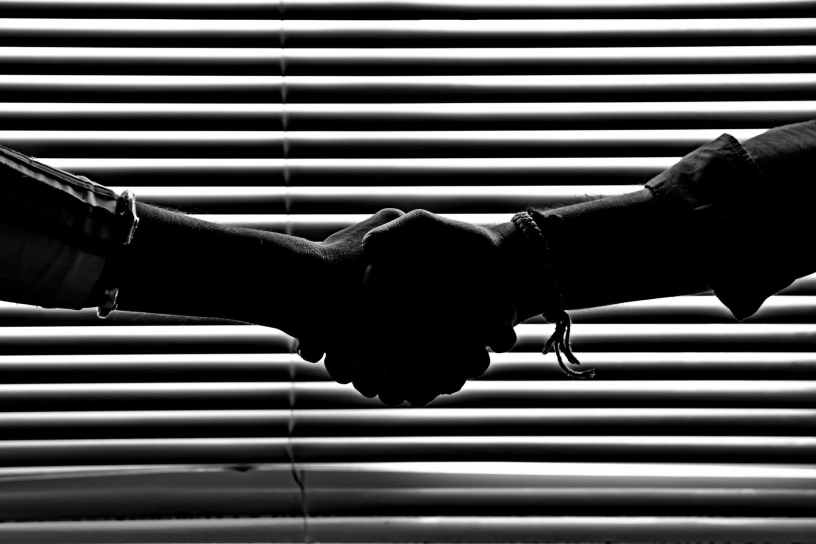TV Answer Man, Charlie Ergen said that a merger between Dish and DIRECTV could happen after the election. Well the election is over and no merger. Is this still happening? And why would Dish want to merge with DIRECTV which is losing subscribers? What’s the benefit? — Bob, Evanston, Illinois.
Dish Chairman Charlie Ergen, who has long said a merger with satcaster rival DIRECTV is inevitable, last November seemed to put a timetable on such a deal.
“You’re hesitant to be a political football for somebody to complain about big companies or whatever in an election cycle. But that election cycle is over next week. And then you have a window, where I think all companies are looking at M&A,” Ergen told financial analysts in a conference call following the release of the company’s third quarter report.
He added: ““If the timing (of a DIRECTV-Dish merger) was right, it would be in the near term, not the longer term.”
However, more than two months after the mid-term congressional elections, there has been no merger nor any credible news report that the companies are even talking. Of course, that doesn’t mean there isn’t activity behind the scenes; for a variety of reasons, companies don’t publicize merger discussions. So we’ll just have to wait and see what Ergen has to say at the next company earnings call which has yet to be scheduled.
But it’s a good time to explain why Dish would be interested in a merger.
Dish attempted to merge with DIRECTV more than 20 years ago, but the deal was nixed in 2002 by the Federal Communications Commission on grounds that it would be anti-competitive and therefore anti-consumer. However, the video industry has exploded since then with the advent of streaming. Consumers now have more video choices than ever so it would be more difficult for the federal government to justify a rejection of a satellite merger today.
But DIRECTV has lost more than 12 million subscribers since AT&T purchased it in 2015. Why would Dish be interested in DIRECTV since it has lost so many customers? After all, Ergen’s company has its own difficulties maintaining a subscriber base in this environment. Dish’s sub total, which includes the satellite service and the live streamer, Sling TV, has fallen to slightly under 10 million. Wouldn’t a deal for DIRECTV just add another losing company?
While Dish is also losing customers to cord-cutting, and the expansion of streaming options, the acquisition of DIRECTV would give it more than 20 million subscribers combined. (DIRECTV has roughly 13 million subs now, according to financial estimates.) That would make Dish the nation’s largest pay TV company.
With roughly 23 million subscribers, and no competition in the satellite TV category, Dish could stay profitable for years by generating more advertising, and pressuring programmers to offer lower carriage fees.
Think of it. Few programmers would want their channels suddenly removed from a pay TV service that reaches more than 20 million homes.
The merger would also allow Dish to reduce spending by combining resources and shrinking the workforce.
You might say the federal government would still frown upon approving a merger that would give so much power to one video company, particularly considering that the FCC rejected that 2002 merger. But with the rise of streaming, the pay TV business (cable, satellite, telcos) no longer dominates the video category as it did 21 years ago. Consumers today have a multitude of video options, and the number is growing almost daily.
Dish and DIRECTV could even argue that the merger/sale is necessary now to keep the satellite TV business afloat in the coming years.
The biggest argument now for blocking the merger would be that it would reduce video competition in rural areas where many consumers have limited access to the Internet. But Ergen’s team (and, yes, Ergen would run the new Dish-DIRECTV company) could argue that President Biden’s infrastructure program, passed in 2021, includes funding to bring the Net to more rural markets. If federal regulators brought up the rural issue, it would be an admission that the Biden program is not what the administration has claimed it is. (Ergen, a one-time professional blackjack and poker player, knows how to call a bluff.)
Bob, hope that makes sense. Happy viewing and stay safe!
Have a question about new TV technologies? Send it to The TV Answer Man at swann@tvanswerman.com Please include your first name and hometown in your message.
— Phillip Swann
@tvanswerman



Totally agree! Everything you said here makes perfect sense. I have followed the satellite industry for years and I’m actually a Fan of Charlie Ergen. He is a great businessman and leader. Ergen would definitely be the Chairman or CEO. The only stumbling block I see is pushback from the content providers, as they would see this merge as a threat to their bottom line, especially knowing they would now be dealing with Ergen on all programming deals as he is an extremely tough negotiator and would now have the upper hand as you indicated
Good for Ergen, bad for all DIRECTV customers!
DTV should have jumped at the opportunity to unload their system to Dish while interest rates were low. I doubt if Ergen would pay todays rates and borrow billions.